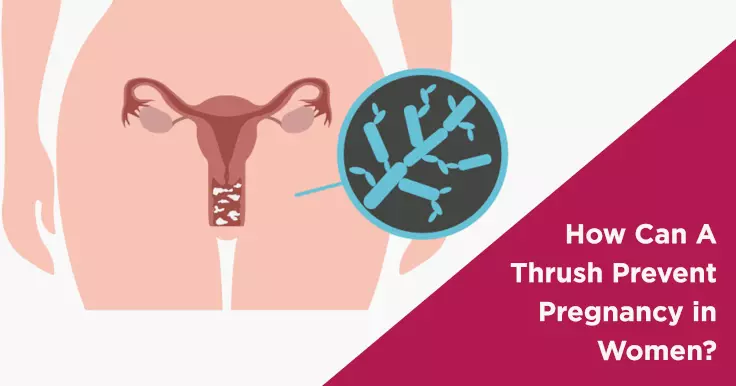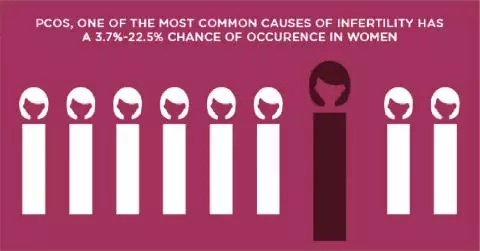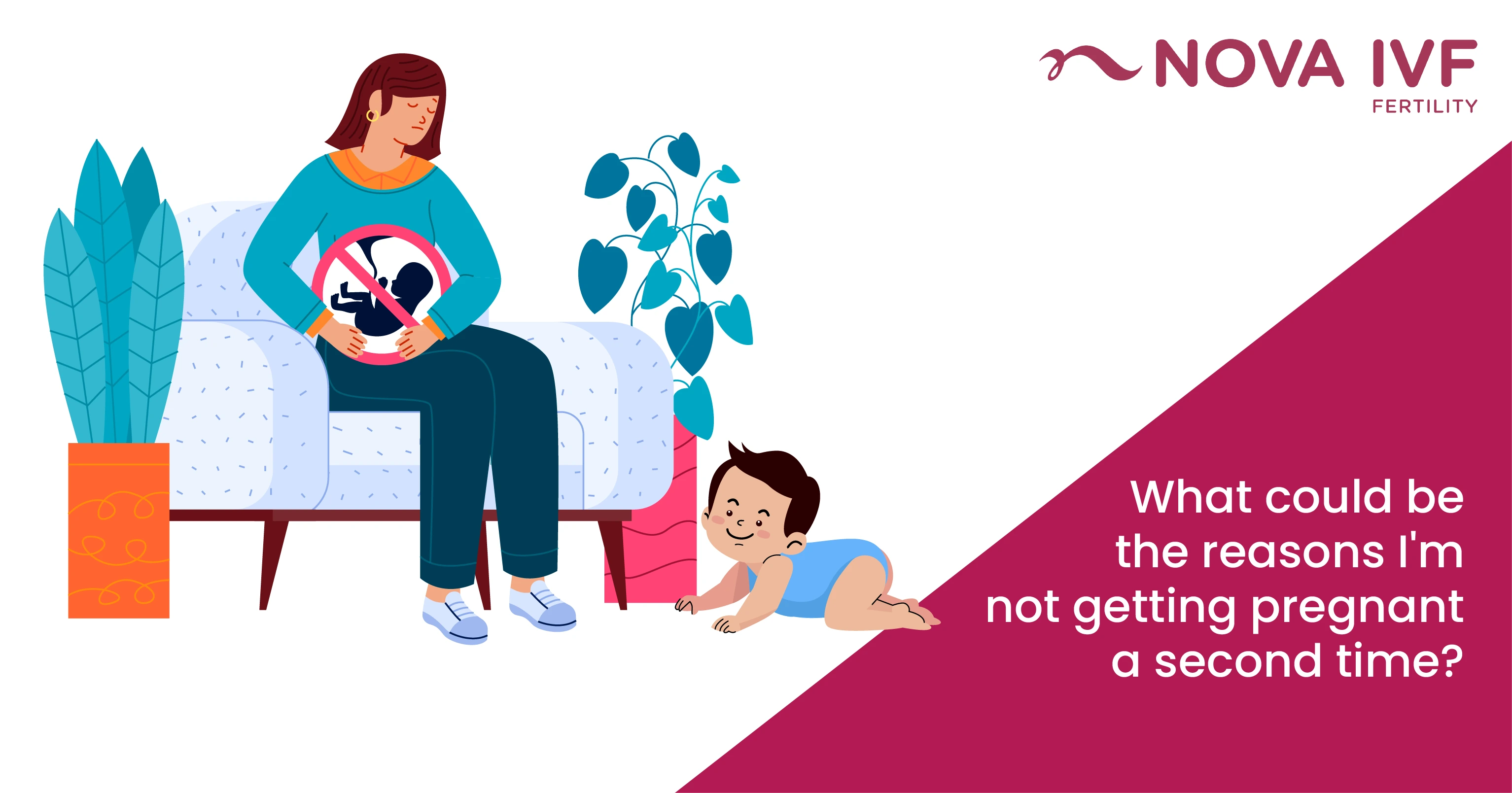How Thrush Can Affect Pregnancy Chances in Women

75% of women around the world have experienced a vaginal yeast infection or thrush at some point in their life. It is particularly common amongst women in the 20 to 40 year age bracket i.e. women in their childbearing years. Thrush does not directly affect fertility but it can have indirect effects on a pregnancy.
What is Thrush?
Thrush is a yeast infection caused by a common yeast or fungus known as candida. This yeast present in our digestive systems and the vagina. Gut bacteria are responsible for maintaining optimum levels of this yeast. However, in some cases, such as when a woman has her period, the amount of yeast present may increase rapidly.
Thrush is not a very serious infection but it can be very uncomfortable. Common symptoms include:
- Soreness
- Itching and redness around the vulva
- Thick- white vaginal discharge
- Painful sexual intercourse
Women with certain health conditions such as diabetes have a high risk of thrush. Some women may have a thrush infection during pregnancy.
Effects of Thrush on Fertility
There is no evidence to suggest that a woman cannot get pregnant while she has a vaginal yeast infection. However, it may make conceiving harder than normal. Two reasons for this are:
Painful Sexual Intercourse
Thrush can make the vulva and vagina itching and irritable. This can make foreplay quite uncomfortable. It can also make the vagina sore that in turn makes intercourse painful. This can make women refrain from having sex and thus put off conceiving to a later date.
Thrush Treatment May Interfere with Sperm Transportation
To fertilise an egg, sperm must swim up the vaginal canal to the uterus. However, some ointments and creams used to treat thrush may interfere with the natural pH levels of the vagina. This can make it hard for sperm to reach the uterus and lower the chances of conceiving.
It is important to note that conceiving while a woman has thrush does not pose any risk to the health of her baby.
Most cases of thrush clear up within a week of starting treatment. Thus, many couples choose to wait until the infection is clear before they try to conceive. Along with medication, wearing cotton underwear and keeping the genital area dry can also help relieve thrush symptoms. Also, avoid using perfumed soaps, scented panty liners if you have recurring thrush infections.
 Infertility Counselling
Infertility Counselling Female Infertility Treatment
Female Infertility Treatment Andrology Treatment
Andrology Treatment Fertility Enhancing Surgeries - Female
Fertility Enhancing Surgeries - Female Fertility Enhancing Surgeries - Male
Fertility Enhancing Surgeries - Male Endoscopy Treatment
Endoscopy Treatment IUI Treatment
IUI Treatment IVF Treatment
IVF Treatment ICSI Treatment
ICSI Treatment Advanced IVF Solutions
Advanced IVF Solutions Embryology
Embryology Vitrification Egg, Embryo, Sperm Freezing
Vitrification Egg, Embryo, Sperm Freezing Preimplantation Genetic Testing (PGT)
Preimplantation Genetic Testing (PGT) Donation Program Embryo / Egg / Sperm
Donation Program Embryo / Egg / Sperm Self-cycleTM IVF
Self-cycleTM IVF

 Self-cycleTM IVF
Self-cycleTM IVF










